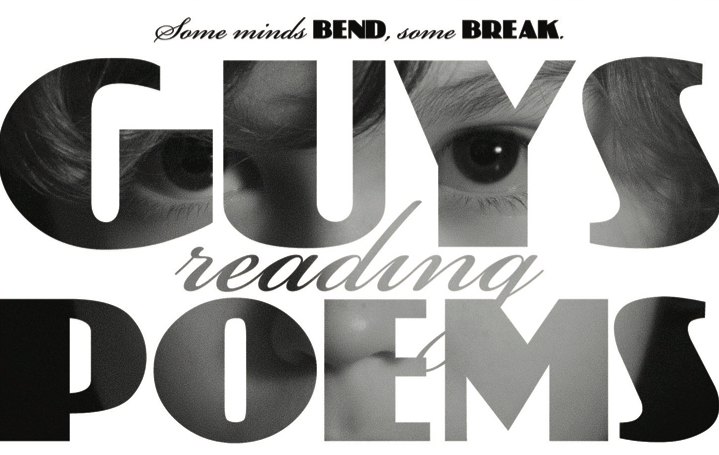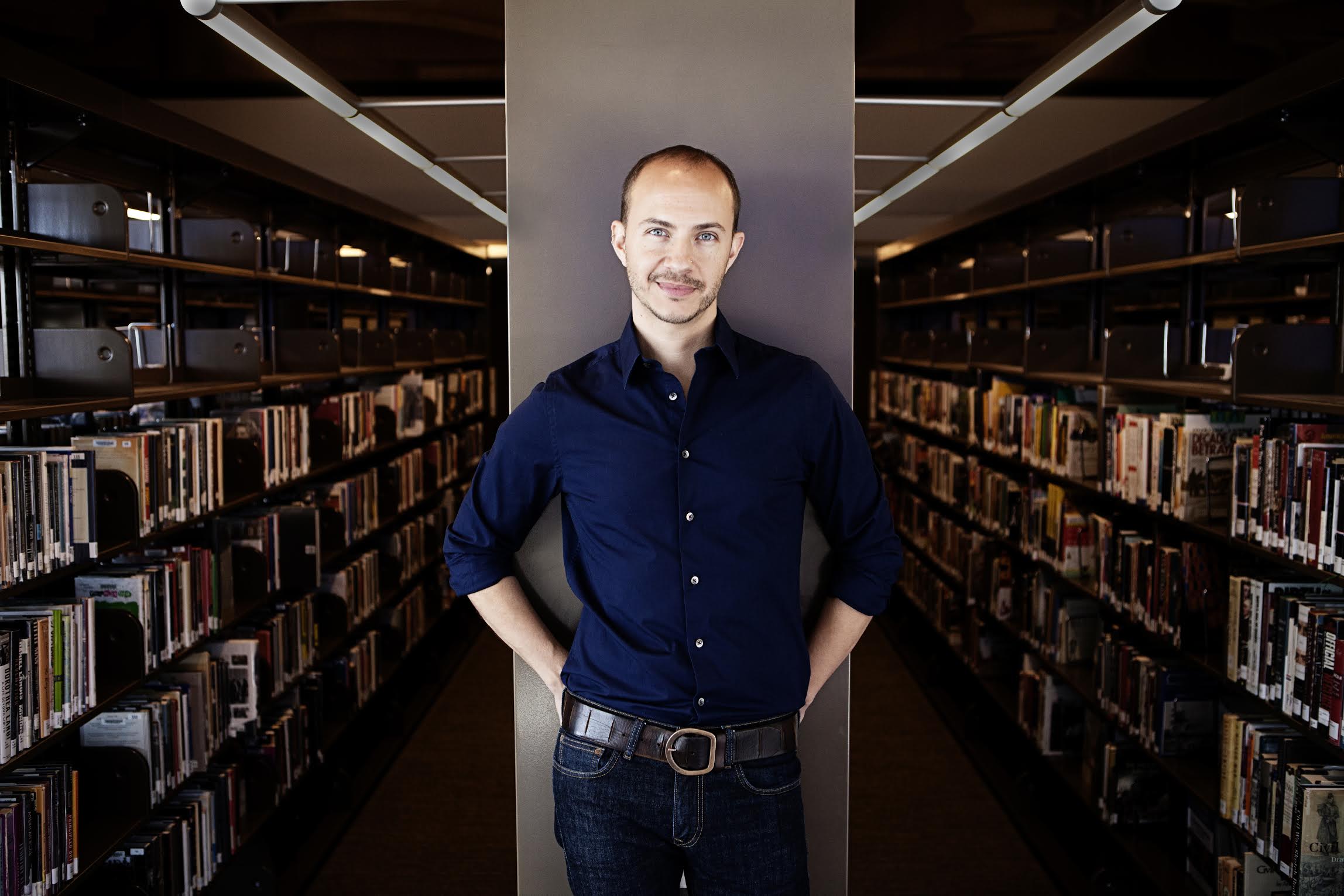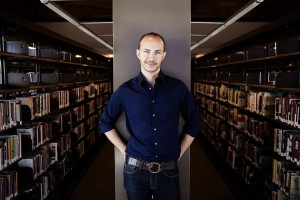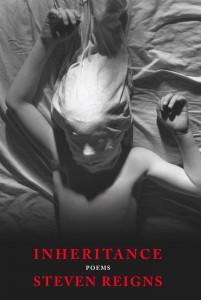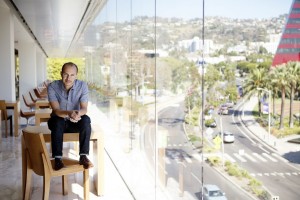By Stephen S. Mills
It seems fitting that the first time I met poet Steven Reigns we were in a seedy gay club (and motel) that has been a fixture of the Orlando gay community for forty years. I was living in Orlando at the time and spent many of my nights in that very space, but on this one I was there to meet up with Reigns, who was just passing through.
When you first meet Reigns, it’s hard not to notice his piercing blue eyes. There’s an intensity to them that’s both inviting and intimidating. But then he also has a genuine wide grin that undercuts that intensity. We met up in the drag theater for a show where we easily fell into conversation. We spent the rest of the night drinking, laughing, and dancing. In fact, I have a snapshot of us on the dance floor: his arm swung around my shoulder showing we were quick to bond (alcohol helps of course).
We both share an interest in poetry, but also in the dark side of things. And we both have a somewhat innocent outward appearance that is undercut by actions and words. We aren’t exactly what we appear to be, which is a good quality in a poet. Of course, like many writers, I really met Reigns first on the page. I met him through his poems. It was through his work that I found a kindred-spirit. I found a poet that spoke in truths. A poet who exposed something raw about our existence as human beings. As men. As gay men.
We read poetry for many different reasons. We read for enjoyment, for education, for information, or out of curiosity or intrigue. But sometimes we read for a link to something familiar, or something we can’t quite put into words ourselves: a mirror of sorts. We search for a way to make sense of the world around us—a world that is often cruel, confusing, and difficult to navigate.
In Reigns’ work, he reflects on the disappointments of family, love, and life. How we inherit more than just our family’s genes and money. We inherit our way of being from the people who raised us through their actions, their choices, and their failures (whether we like it or not).
Reigns’ poetry collection Inheritance dives into the pitfalls of those failures and of the American Dream and how it is often anything but a dream. He questions what happens when things fall short? When things don’t go as expected? He opens the collection with a poem titled “Dad’s Empire,” which begins with these lines:
“He rubbed my mother’s swollen belly. / Dreamt of the All-American Boy he’d raise, / games of catch, putting worms on hooks, / and giving advice on the ladies.”
This poem sets up the various complications of falling short of a father’s expectations and of not living up to the image of the “All-American Boy” (capitalization is important here—it’s basically a product). Many boys, gay or straight, can relate to falling short of a parent’s expectations or of society’s.
In other poems, he exams how our perspective changes with age. In “Put Your Head On My Shoulder,” the speaker of the poem watches his grandfather hold a grandchild (the speaker’s nephew) to his chest and sing to him. In this small moment, the speaker realizes that his grandfather most likely did this to him when he was just a little boy too. It is this reflection on innocence that is both sweet and saddening. For Reigns writes at the end, “I think of him dancing and / holding my body before my parents hurt me, / him holding me at the only time I can reflect upon as innocent.”
This poem reminds us that there was a start to all of us: a moment when we were all innocent. A moment before X happened. Whatever X might be. A time before people hurt us or disappointed us. In this we can all connect.
Reigns also digs into the psyche of the adult gay man as he navigates the world of love, sex, and dating. In many of these poems, the past also plays a heavy role. How do we trust someone else with all of our own baggage? How does our past inform our future and our present? In a short poem titled “The Ones Before Him,” he writes, “A lover I don’t trust / because of the past. / Not the past with him / but my past.”
These issues coupled with outside factors, like the AIDS crisis that haunts many of the poems, create a complicated narrative of the challenging landscape of gay male relationships.
This is not to say that Reigns doesn’t also have a sense of humor and a sense of fun about him and his work. Some of the poems are playful like when the speaker contemplates the idea of being “versatile” in bed, but ends the poem by saying, “So I harden in my positioning / and avoid those that I envy.”
Inheritance ends on a note of hope and a moment of wanting to accept the past (at least to some degree). In the final poem, “5th Grade Photo,” the grandfather appears again but this time in a conversation with the speaker over a photo of the speaker from the 5th grade (one he hates). He questions why his grandfather would still have this photo on display after seventeen years. This time the grandfather offers to take it down (something he hasn’t done before). The speaker is moved by his grandfather’s offer but tells him he can keep it up. Reigns then closes the poem with these lines: “I like that he held his ground firmly for so long / and silently wonder what he likes about the image, / what he loved about the boy in the photo. / I place it back onto the table, look at the boy / and wonder when I might love him as well.”
In this moment we see the speaker wanting to accept his past self and to offer that boy love, but he’s not there yet. There’s the saying that we are hardest on ourselves, which comes to mind when reading a poem like this. For the speaker, that image reminds him of another time—another life. It reminds him of a boy who needed love and acceptance, but didn’t have it.
The book as a whole questions, ‘Can we really move forward without accepting where we’ve been?’ Reigns doesn’t over simplify the issue by offering us a clear answer. Instead, we are left to wonder, like the speaker there with his 5th grade photo in hand. Reigns is an important voice in the canon of gay male literature. He provides a deep examination of the struggles of living an authentic life in world that often favors the inauthentic (the ‘All-American Boy’). The work he has already produced leaves an important inheritance behind for the next generation of gay men searching for their own acceptance, identity, and image.
Author Bio:
Stephen S. Mills is the author of the Lambda Award-winning book He Do the Gay Man in Different Voices (Sibling Rivalry Press, 2012) and A History of the Unmarried (Sibling Rivalry Press, 2014). He earned his MFA from Florida State University. His work has appeared in The Antioch Review, PANK, The New York Quarterly, The Los Angeles Review, Knockout, Assaracus, The Rumpus, and others. He is also the winner of the 2008 Gival Press Oscar Wilde Poetry Award and the 2014 Christopher Hewitt Award for Fiction. He lives in New York City.
Website: http://www.stephensmills.com/
The ‘Cross-Cut’ series examines 20 poets whose work is included in the upcoming neo-noir film Guys Reading Poems, which combines cinematic narrative with evocative poetry. It is our hope that exploring the poets selected for inclusion in the film will enhance the filmgoer’s experience of Guys Reading Poems.
